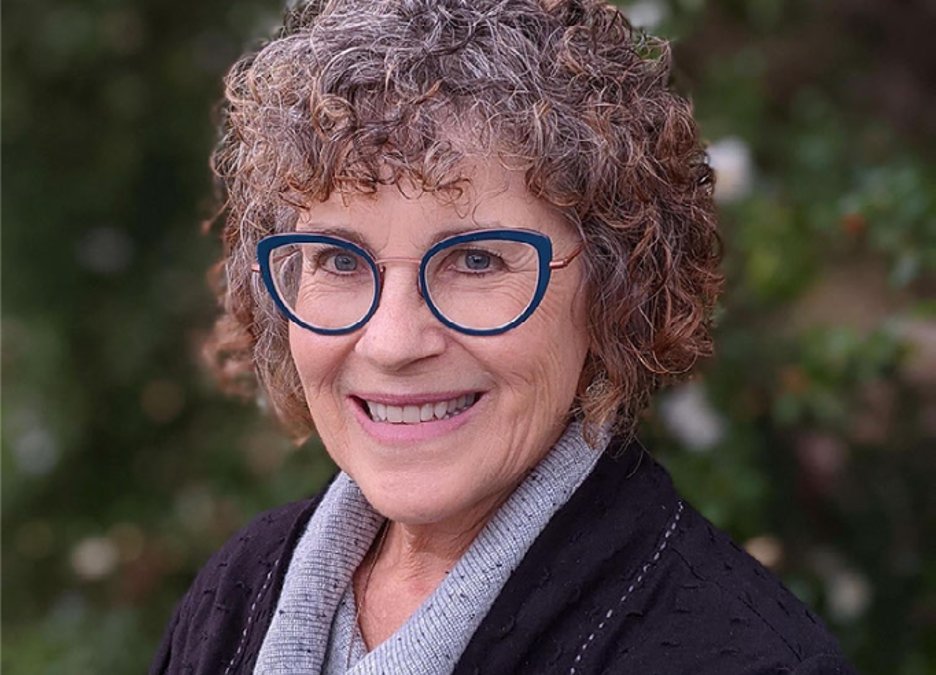The Integrated Coastal Sciences, formerly known as Coastal Resource Management (CRM), Ph.D. Program has produced many successful alumni over the years. Among them is Dr. Susan Lovelace, a 2008 graduate who joined the program at the beginning of its second year.
After receiving a degree from North Carolina State University, Lovelace moved to Beaufort, NC for a 6-month position at UNC’s Institute of Marine Sciences. She ended up staying in Beaufort for many years, falling in love, raising a family, teaching and then later working for the NC Estuarine Research Reserve.
As a site manager for the Rachel Carson Reserve, one of the things Lovelace learned was that “you can’t manage fish, but you can manage people.” This was a theme that continued to show itself through many of the grant proposals she wrote, and it made her interested in the human dimensions’ aspect of coastal management. While writing proposals, Lovelace also experienced a particular “inconvenience.” Because she herself did not hold a Ph.D. at the time, she was often having to find someone else to list as the primary investigator for the grants.
Around the same time that Lovelace began to look into Ph.D. programs that fit her needs, ECU was launching the CRM program, and it turned out to be a perfect fit for Lovelace. As she describes it, it was “a non-traditional Ph.D. program for a non-traditional student.” She continued to live in Beaufort, raising her family and still working full-time. For her, the research aspect came first and then she finished with classes.
“What drew me to the program at the time was the ability for me to make it what I needed it to be”, Lovelace reflects. The interdisciplinary nature of the program helped her to widen her coastal knowledge, and she jokes that it was like doing “three masters and a dissertation.”
So where is Lovelace now? About 6 and a half years ago, she took a position at the South Carolina Sea Grant Consortium as the Assistant Director for Development and Extension. She has been at SC Sea Grant ever since, and just this year she was named the Executive Director of the organization. She was very excited to hit the ground running in what was a busy time this winter for SC Sea Grant. Her new position includes roles such as engaging stakeholders and building teams for research proposals and projects, and she attributes part of the success she’s experienced so far to the wide knowledge base she acquired from the CRM program.



 Based at the Coastal Studies Institute (CSI), the North Carolina Renewable Ocean Energy Program (NCROEP) advances inter-disciplinary marine energy solutions across UNC System partner colleges of engineering at NC State University, UNC Charlotte, and NC A&T University. Click on the links below for more information.
Based at the Coastal Studies Institute (CSI), the North Carolina Renewable Ocean Energy Program (NCROEP) advances inter-disciplinary marine energy solutions across UNC System partner colleges of engineering at NC State University, UNC Charlotte, and NC A&T University. Click on the links below for more information. ECU's Integrated Coastal Programs (ECU ICP) is a leader in coastal and marine research, education, and engagement. ECU ICP includes the Coastal Studies Institute, ECU's Department of Coastal Studies, and ECU Diving and Water Safety.
ECU's Integrated Coastal Programs (ECU ICP) is a leader in coastal and marine research, education, and engagement. ECU ICP includes the Coastal Studies Institute, ECU's Department of Coastal Studies, and ECU Diving and Water Safety. The ECU Outer Banks campus is home to the Coastal Studies Institute.
The ECU Outer Banks campus is home to the Coastal Studies Institute.

